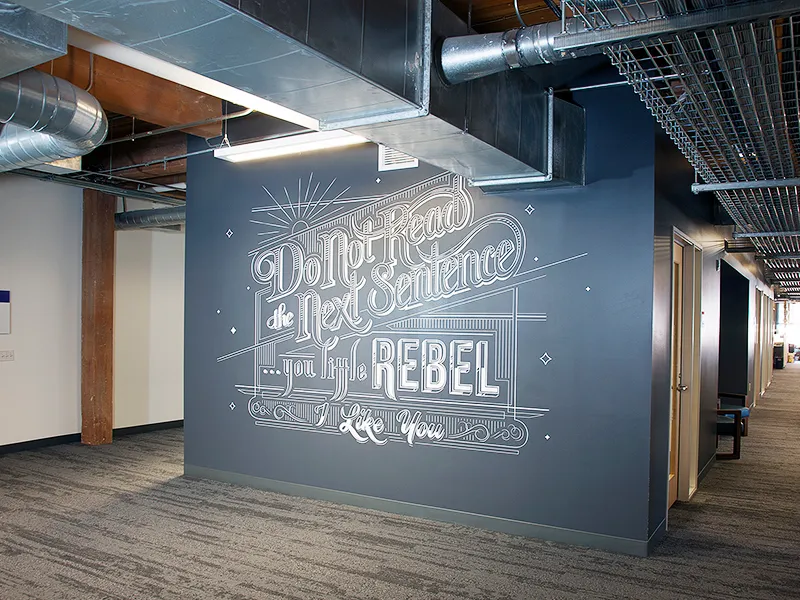Experiencing assault can leave someone feeling shaken, isolated, and uncertain about where to go next. In the aftermath, one of the most important steps toward healing is finding safe spaces—both physical and emotional—that offer support, understanding, and protection. While no two journeys of recovery are alike, knowing where to turn can help survivors reclaim a sense of control and begin rebuilding their lives.
The Importance of Safe Spaces
After an assault, survivors often carry invisible wounds alongside any visible ones. Fear, anxiety, and mistrust can make even familiar environments feel unsafe. Safe spaces are crucial because they provide a foundation of stability where survivors can breathe, express themselves, and start to process what has happened. These spaces may take many forms, from trusted friends and family to professional services or community organizations. What matters most is that survivors feel respected, validated, and supported.
Leaning on Trusted People
One of the first safe spaces can often be found in relationships with trusted loved ones. A close friend, family member, or partner who listens without judgment can be invaluable. While it might feel difficult to open up, sharing your experience with someone you trust can lift part of the burden you’re carrying.
It’s important to choose people who will believe and support you, rather than minimize or dismiss your experience. A safe response often sounds like: “I believe you. I’m here for you. What do you need right now?” Surrounding yourself with these supportive voices helps create a safe emotional space to process and heal.
Professional Support Systems
Beyond personal relationships, professional support can provide structured and confidential spaces to heal. Counselors, therapists, and psychologists trained in trauma can help survivors navigate complex emotions, flashbacks, or anxiety. Therapy offers tools to rebuild confidence, manage stress, and regain a sense of empowerment.
In many communities, sexual assault crisis centers provide both immediate and long-term support. These organizations often offer hotlines, counseling, legal guidance, and advocacy services—all within a survivor-centered framework. They are safe spaces specifically designed for those who have experienced assault, ensuring that survivors are heard and validated.
Medical Care as a Safe Haven
For survivors who need medical attention, hospitals and clinics can also be safe spaces. Many hospitals have sexual assault nurse examiners (SANEs) who are specially trained to provide compassionate care while collecting forensic evidence if a survivor chooses to report. Seeking medical care is not only about evidence collection—it’s also about addressing injuries, preventing infections, and prioritizing overall health and safety.
Even if it feels daunting, knowing that medical providers are trained to handle these sensitive situations can help survivors feel supported and cared for in a vulnerable moment.
Legal and Advocacy Resources
Some survivors may choose to seek justice through the legal system, and having the right support can make this process less overwhelming. Advocacy groups and victim assistance programs can offer safe spaces for guidance, helping survivors understand their rights and navigate legal steps with care. In addition, consulting with a criminal lawyer in Salt Lake City can provide personalized legal advice and representation, ensuring that survivors have a knowledgeable ally on their side.
It’s important to remember that pursuing legal action is always a personal decision—there is no obligation to move forward unless the survivor feels ready. With the support of advocates and trusted legal professionals, survivors can approach the process in a way that feels safe, empowering, and entirely centered on their needs.
Online and Community Support
In today’s digital age, safe spaces are not limited to physical locations. Online support groups, forums, and virtual counseling sessions can connect survivors to communities of people who understand their struggles. These spaces can be especially helpful for individuals who may not feel safe sharing in person or who live in areas with limited resources.
Local community groups, faith organizations, and nonprofit programs may also offer safe environments for healing. Sometimes, simply being in a supportive environment—whether through a support group or a wellness program—can provide comfort and a reminder that survivors are not alone.
Creating Your Own Safe Space
Safe spaces are not only found outside; they can also be created within your own environment. This might look like setting boundaries with people who make you uncomfortable, cultivating a calming home atmosphere, or practicing self-care routines that nurture your well-being. Even small actions—like journaling, meditating, or surrounding yourself with comforting objects—can turn everyday spaces into personal sanctuaries of healing.
Moving Forward with Support
Finding safe spaces after assault is not a one-size-fits-all process. Each survivor’s needs and comfort levels are unique, and healing often takes time. Whether through trusted relationships, professional services, medical care, advocacy programs, or personal practices, safe spaces are out there waiting to be found.
No one deserves to feel alone after experiencing assault. By turning to supportive networks and safe environments, survivors can take important steps toward reclaiming their strength and moving forward on the path to healing.









